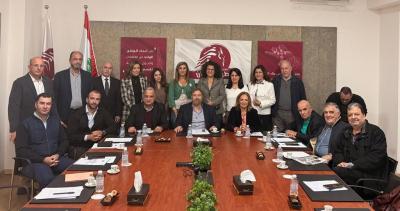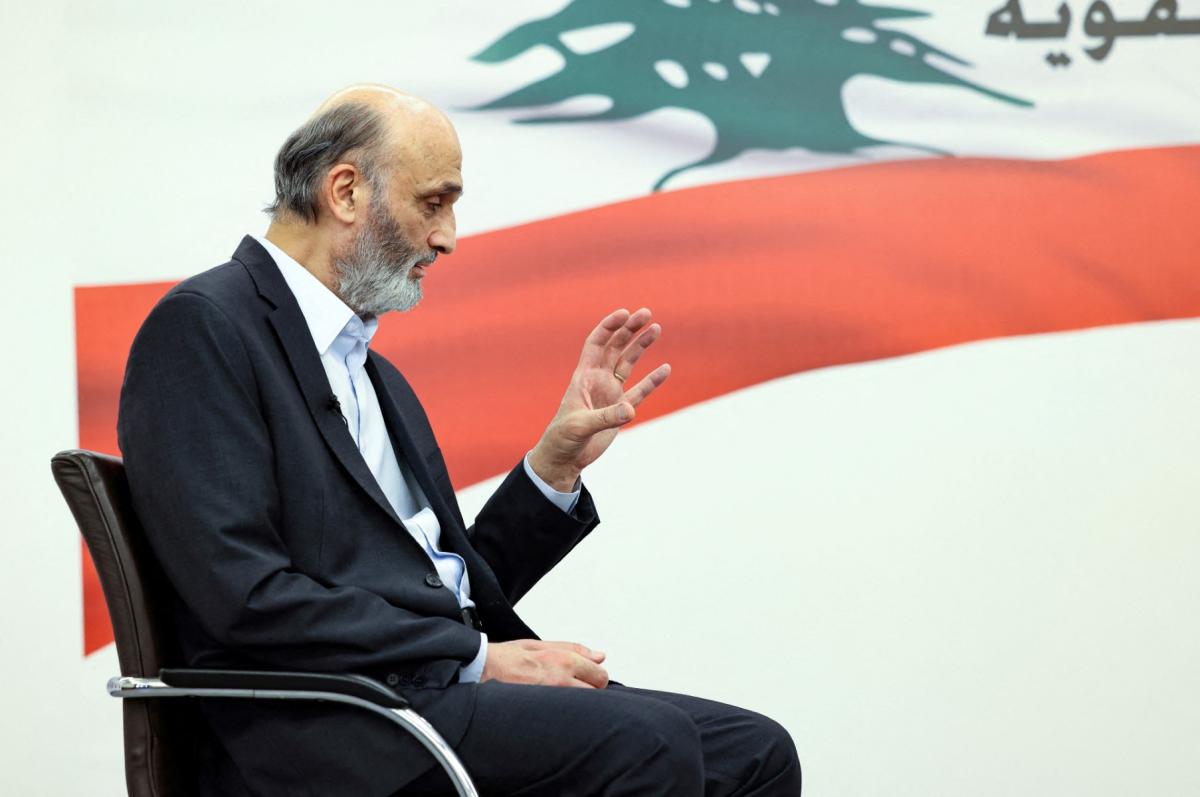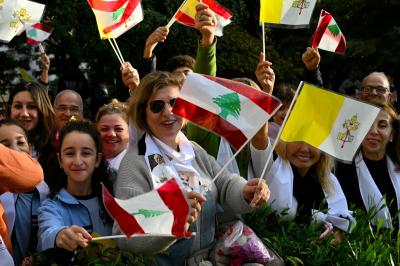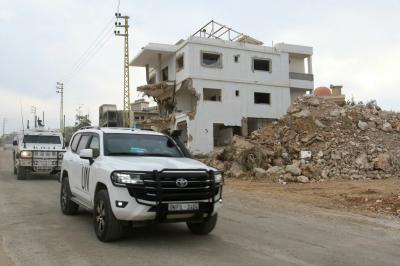September has long been a symbolic moment for Lebanon’s Lebanese Forces party, not only an annual commemoration tied to the memory of its fallen fighters, but also a political milestone in which party leader Samir Geagea lays down the course for the months ahead. Often, he seizes this occasion to take bold, historic steps. In 2008, for instance, Geagea issued a rare public apology, on his own behalf, and that of the movement he leads, for wrongs committed during the war years.
At the time, he declared: “When the state collapsed, we tried to save whatever we could with sincerity and conviction… With a humble and transparent heart before God and the people, on behalf of all generations of fighters, living and dead, I extend a profound and complete apology for every wound, harm, or unjustified loss we caused.” It was a call for reconciliation and healing of the wartime memory, one that, decades later, remains elusive, though no less needed.
Each year, political actors turn their eyes to Geagea’s September speech, anticipating his mix of constants and shifting elements. The constants include his positions on state sovereignty, the national pact, Lebanon’s identity, and the obstacles to a functioning state, chief among them the persistence of "Hezbollah"’s arms outside state control. Geagea has held this line consistently since what he calls the “coup against Taif,” dismissing accusations that he opportunistically exploits political crises such as the events of October 7 to target "Hezbollah". The Lebanese Forces, he insists, have never compromised with "Hezbollah"’s arsenal, refusing to accept it as a fait accompli even in institutional negotiations such as Doha or cabinet statements.
The “moving parts” of his discourse, however, adapt to Lebanon’s immediate crises, whether the presidential vacuum, stalled elections, the Beirut port explosion, or the assassinations of Lebanese Forces figures Elias Hasrouni and Pascal Sleiman.
This year, Geagea’s September reflections will be weighed down by a series of seismic shifts over the past 12 months:
- The election of a president and appointment of a prime minister whose rhetoric and policies align with the Lebanese Forces’ longstanding vision of a sovereign state governed by law and institutions—something Geagea sees as unprecedented since Taif.
- The fall of the Assad regime in Syria, which Geagea fought against as a young commander in 1977, defied politically in 1986 when he rejected the Syrian-brokered Tripartite Agreement, and resisted again when he endured 11 years of imprisonment rather than accept exile or compromise.
- The unraveling of the so-called “resistance axis,” with Iranian influence receding in the Arab world and its proxies losing ground irreversibly.
- The decline of "Hezbollah"’s rationale for armed presence, particularly after the “Pager War,” which undermined its deterrence narrative.
- The landmark August 5 cabinet session, chaired by President Joseph Aoun, which produced an unprecedented government decision to end "Hezbollah"’s military arsenal and place all weapons under the sole authority of the state, through a detailed army-led plan to be completed by year’s end. The decision drew sweeping international backing, with foreign powers making clear that "Hezbollah"’s arms remain the principal barrier to meaningful support for Lebanon’s recovery.
For Geagea, the upcoming September 5 follow-up session will merely finalize implementation details. The die, he argues, has already been cast. Attempts by Speaker Nabih Berri and "Hezbollah" to roll back the August decision, most recently in Berri’s speech commemorating Imam Musa Sadr, are doomed to fail.
From his headquarters in Maarab, Geagea will look back at a half-century of struggle and see his positions beginning to blossom. The “alliance of minorities” once offered to him has evaporated. Syria’s historic claim to Lebanon, which he denounced as an error of history, has crumbled, its leadership now openly recognizing Lebanese sovereignty and calling for equal, state-to-state ties. Iran’s grip through "Hezbollah" is weakening. And "Hezbollah"’s arsenal, long aimed at Lebanon’s fragile sectarian balance and national identity, is tottering, its collapse, Geagea insists, now only a matter of time.
On the micro-political level, he points to failures of his rivals: the aborted “dialogue table” strategy to elect a president; the refusal to address "Hezbollah"’s weapons in government, only to see the issue forced onto the agenda; attempts to secure privileges for Iran in Lebanon, now rebuffed with its ambassador summoned to the foreign ministry; and the long-protected Palestinian camp weapons, which are now being dismantled step by step.
Geagea may again direct his words to "Hezbollah", echoing what he said in September 2024: “Your weapons do not protect the Shia community, no weapons protect any sect in Lebanon. True protection lies only in a just and capable state… Tomorrow belongs to all of us, as Lebanese. It is time to step out of the past and build a future that reflects the aspirations of each community, free of fears and foreign bets.”
The question that lingers: will anyone respond?
Please post your comments on:
[email protected]
 Politics
Politics













